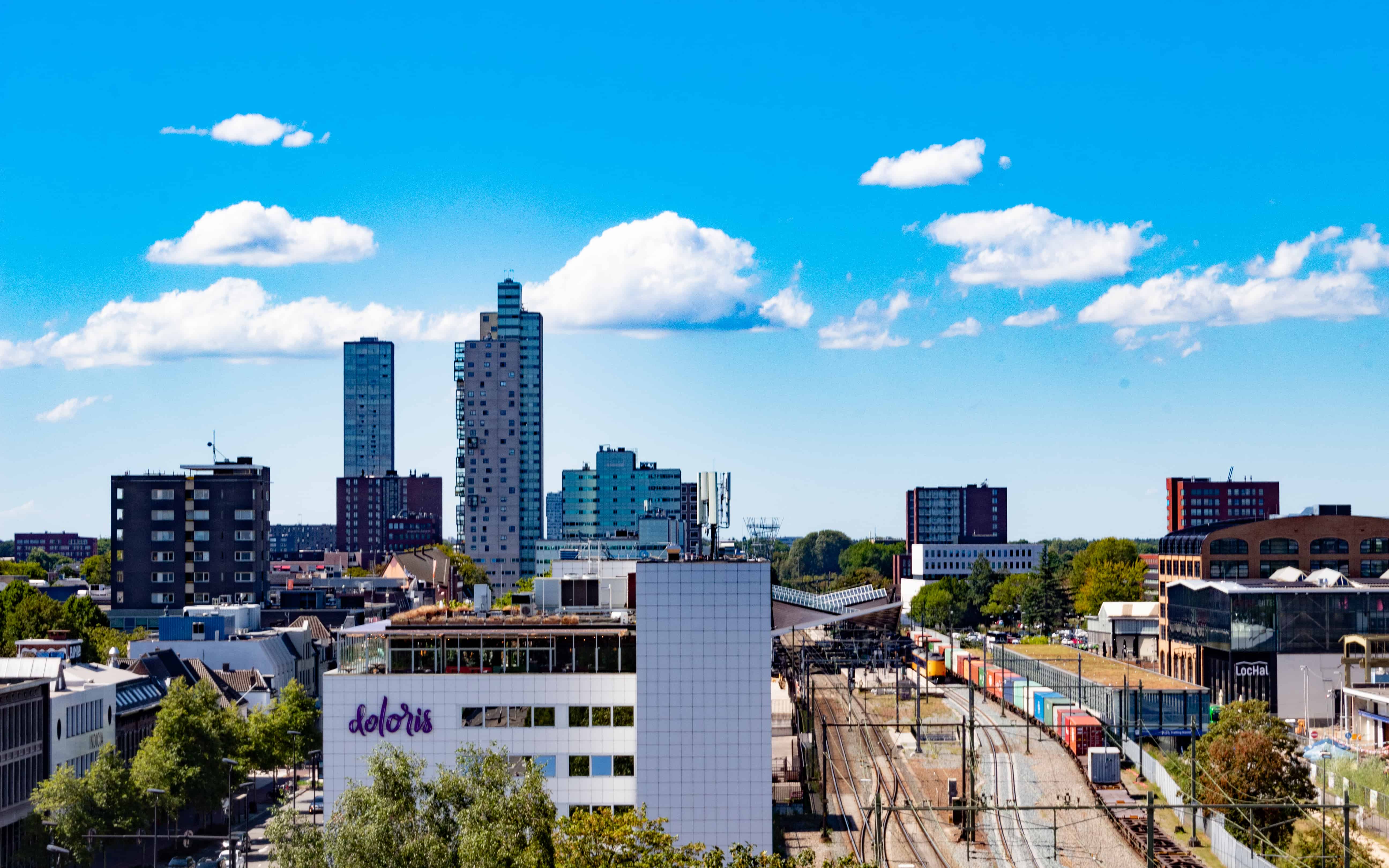
15% of all public transport buses in the Netherlands are now electric, e-bus builder Ebusco says. “The European Union has set stringent objectives for reducing CO2 emissions in the very near future. The Netherlands is the most progressive EU state in this regard. In 2016 the Dutch government signed an agreement with all public transport providers stipulating that no new diesel buses may be sold from 2025 and that from 2030 no diesel buses will be allowed to operate.”
By the end of 2018, there were 360 electric buses in the Dutch public transport system, by the end of 2019 the number had already reached 770. This represents 15 per cent of the entire Dutch fleet (5,236 buses). Ebusco found the data in an – as yet unpublished – inventory by CROW, the public knowledge institution for infrastructure, traffic and transport.
This growth will continue, Ebusco expects: “by the end of 2020, there will be almost 1,400 electric buses”. The number of zero-emission (ZE) buses is growing faster in the Netherlands than anywhere else in Europe, the Deurne based company says. “For the period after 2021, almost one thousand ZE buses have already been ordered.” The size of the entire Dutch . bus fleet has remained more less stable over the years, at around 5,000 buses.
Groningen and Drenthe lead the pack

Groningen and Drenthe are by far the most electrified provinces in terms of public bus transport. In the north of the Netherlands, 47 per cent of the buses are electric. Limburg (37 per cent) and North Holland (31 per cent) hold second and third place. But in Zeeland and Overijssel there is still not a single electric bus. Also, Brabant is not doing very well.
The differences in the regions have arisen due to the way Dutch public transport is organised. Transport companies compete against each other in tender processes for the right to provide transport in the region’s for a long period, often ten years. The Netherlands is divided into 34 regional concessions for this. Public transport authorities, usually the local council, launch a call for tenders and then select the transport company from that. They set demands for the quantity, but also for the equipment. ‘Clean’ is not the cheapest option; an electric bus easily costs €400,000, twice as much as a diesel bus.







